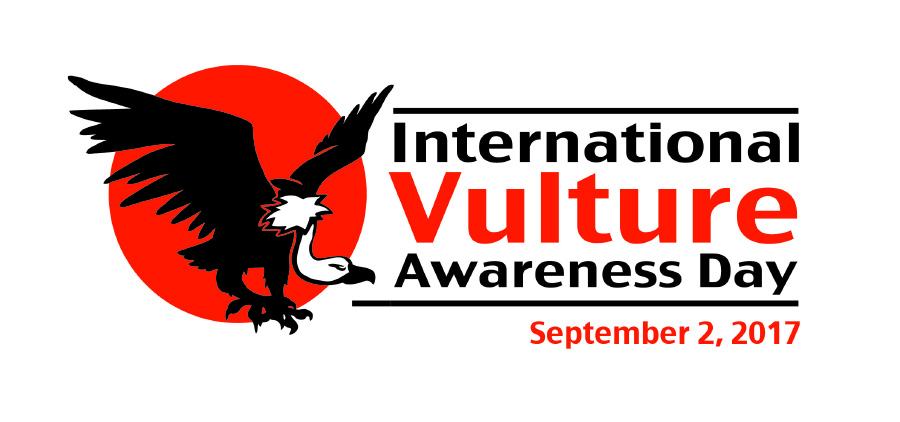 Thermoregulating adult Turkey Vulture in northern Utah – Nikon D810, f8, 1/800, ISO 400, Nikkor 500mm VR with 1.4x TC, natural light, not baited
Thermoregulating adult Turkey Vulture in northern Utah – Nikon D810, f8, 1/800, ISO 400, Nikkor 500mm VR with 1.4x TC, natural light, not baited
There aren’t many people on the planet that would say “Wow, that vulture is pretty” but there are plenty of reasons to appreciate the vultures that are found around the globe. There are Old and New World vultures and while the old and new aren’t closely related they do have similar biological traits and both behave in much the same way.
In North America our vultures are considered New World vultures and we have three species, Black and Turkey Vultures and California Condors. Our vultures have the ability to smell prey from miles away, their keen sense of smell is unusual for raptors. Old Word vultures do not have that keen sense of smell and they rely on their excellent vision to find prey.
Vultures are Mother Nature’s clean up crew, they can consume up to 20% of their body weight in one feeding and will often clean up road kills and carrion as a social group. By ridding the environment of these carcasses vultures help to prevent the spread of diseases. Vultures will not go after healthy animals but they have been known to attack wounded or dying animals.
Our North American vultures defecate on their legs to cool them evaporatively, this is called urohydrosis. Kind of gross looking but effective.
Our Turkey and Black Vultures are doing well and thanks to the work of many people and groups our California Condors, once on the brink of extinction, are slowly recovering.
Other vultures are not doing so well though, many Old World vultures are Near Threatened, Endangered or Critically Endangered and some of these vultures are facing extinction in the wild. International Vulture Awareness Day is on the first Saturday of each September and the goal is to highlight vulture conservation and awareness.
The IVAD (International Vulture Awareness Day) website has tons of information and they even have activities for children such as coloring pages, stickers, puzzles and memory games. Got kids? Grandchildren? Nieces & nephews? I bet they would have fun with those activities today or any day. I’m going to print the Vulture Maze and give it a try myself later today.
 Turkey Vulture close up – Nikon D500, f7.1, 1/1000, ISO 250, -0.7 EV, Nikkor 500mm VR with 1.4x TC, natural light, not baited
Turkey Vulture close up – Nikon D500, f7.1, 1/1000, ISO 250, -0.7 EV, Nikkor 500mm VR with 1.4x TC, natural light, not baited
Here in Utah we have Turkey Vultures and down in some southern parts of the state we have California Condors and given the way our climate is changing perhaps it won’t be long before we have Black Vultures too.
Vultures are fascinating birds and they are great for the environments around the globe that they are found in, we need to do more to help them today and every day.
Life is good. Carrion.
Mia
Click here to view more of my Turkey Vulture photos plus facts and information about this species.




Pretty is as pretty does.
Vultures do an excellent (and needed) job.
I LOVE vultures! And personally, I think they’re beautiful. They’re certainly perfectly designed for the job they do.
Tracy Aviary in Salt Lake has a fun celebration for IVAD. They have fun activities for families and they have their vultures out walking with the public.
Wow! That vulture sure is pretty!
I’m not a Vulture lover…maybe a Vulture liker, but you photos are great and I needed to read the commentary … all God’s critters got a place in the choir! Thanks Mia
Thanks for the info. When in Bountiful i often see one or two of the Turkey Vultures soaring around so gracefully. I read that they only eat dead animals. Amazing birds, so well adapted for their role in life.
Thanks for this wonderful post. I love vultures, so maligned!
Thanks so much for this post Mia .From a long time Vulture lover!
One of my most memorable moments was having a California Condor do a “flyover” while I was on a trip near Big Sur. It was close enough for me to see the white markings were actually those of a Condor and not a Turkey Vulture. A magnificent bird, indeed. Life IS good!
We have always had Turkey Vultures in the Niagara Peninsula (both Canada & USA) but we had Black Vultures arrive about 4 years ago. Some of the Black Vultures have even over-wintered here. Definitely a product of climate change. Both Turkey & Black Vultures fascinate me.